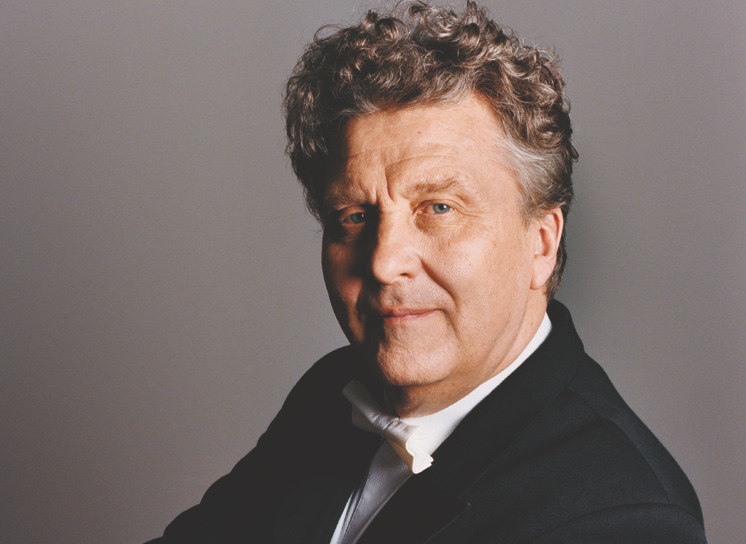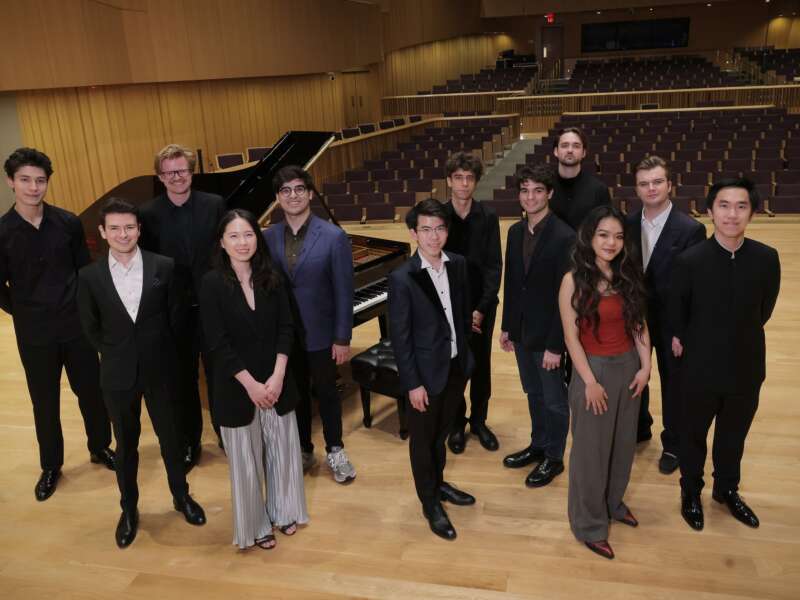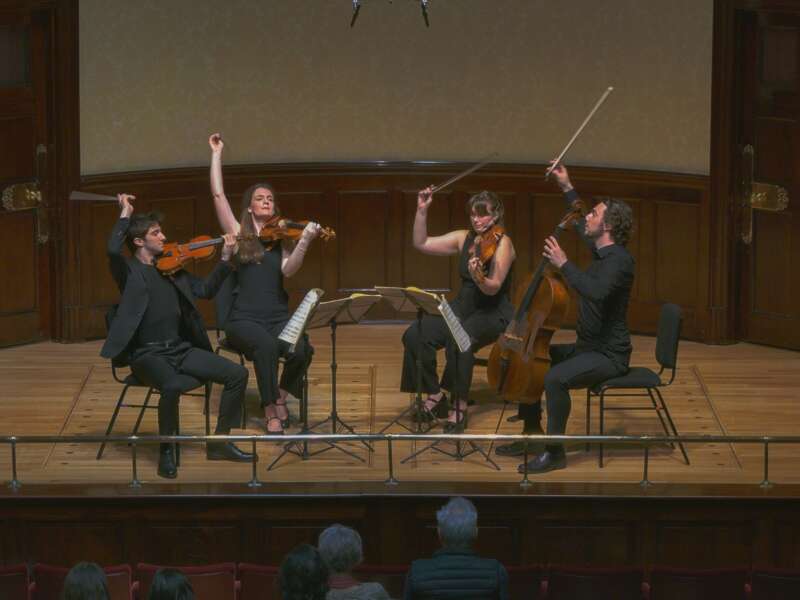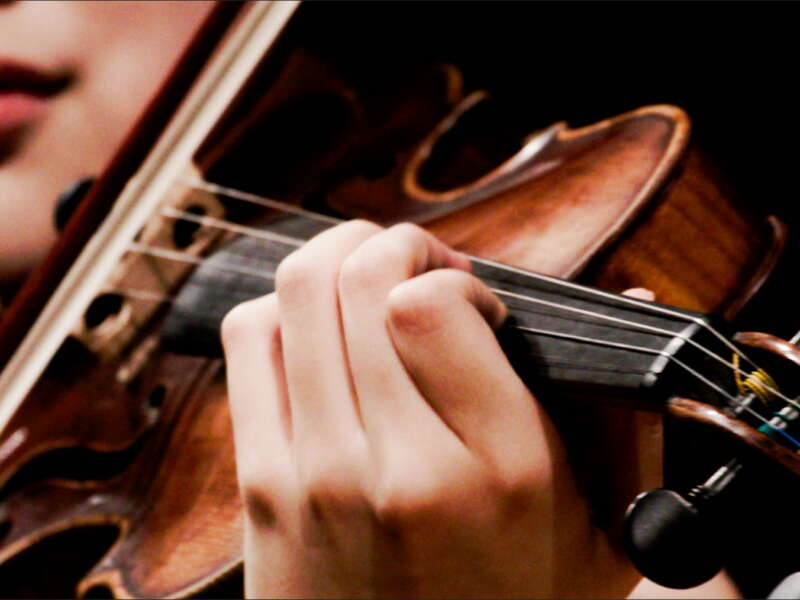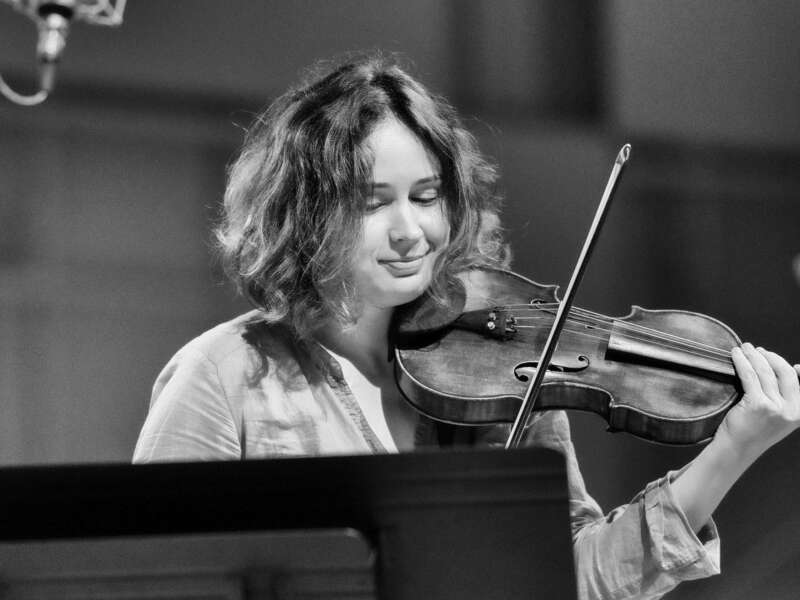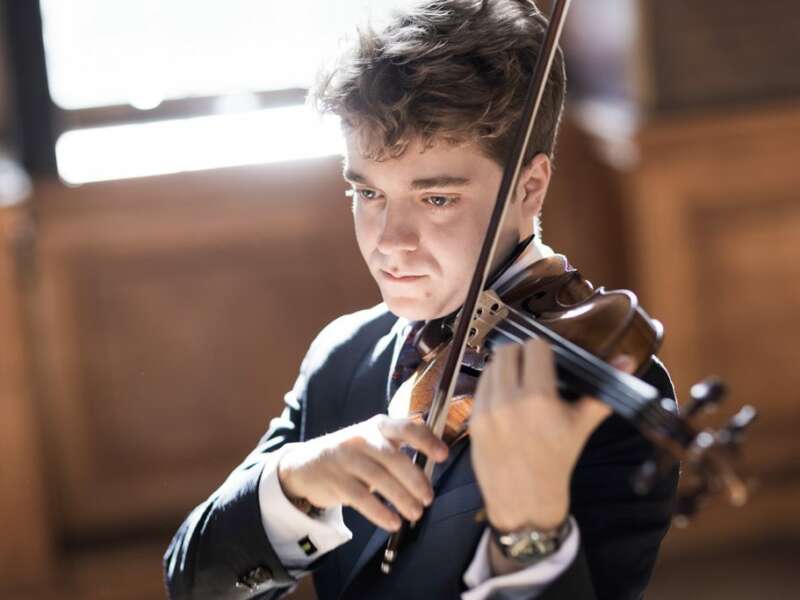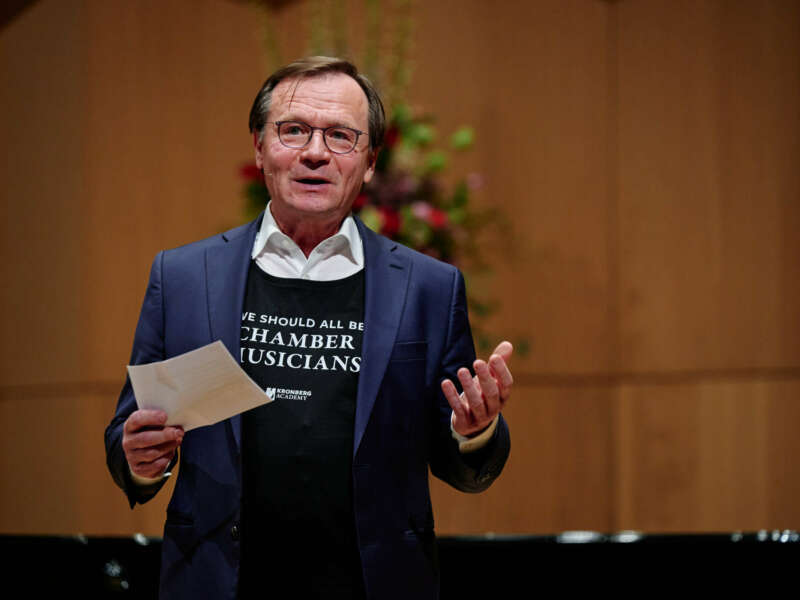Vassily Sinaisky Among Russian Artists to Condemn Invasion of Ukraine
Janáček Philharmonic Conductor Vassily Sinaisky lamented over the silence of some prominent musicians regarding the crisis in Ukraine. While a number of Russian musicians have made public statements relating to the invasion, many have also been notably silent. For instance, Valery Gergiev recently lost his position as Chief Conductor of the Munich Philharmonic, along with several other long-standing contracts, over his refusal to speak out against his ally Vladimir Putin.
"Carefully observing the events unfolding now in Ukraine I feel astonishment and great bitterness not being able to see or hear the opinions of our leading musicians," wrote Sinaisky in a statement. "After all, musicians, like no one else, should be attuned to the mood of society and react to it."
"The present events feel like a vile invasion into a sovereign state which causes only grief and tragedy for thousands of people," Sinaisky continued. "[The sound of Ukraine's national anthem] will always prevail over the clanking noise of alien tanks and the crude orders screamed by army commanders. One feels like saying: stop, truth is not on your side."
Joining Sinaisky in making a public statement is the young Russian conductor Maxim Emelyanychev, who is presently Principal Conductor of the Scottish Chamber Orchestra. Emelyanychev says he would not describe himself as a politically active person, but he felt that he could not keep silent over the events unfolding near his homeland.
"I am against the war in Ukraine and find it so distressing to witness the scenes that we are all seeing every day," Emelyanychev wrote. "I am deeply committed to my position at the SCO and would like to thank the Orchestra, its players and audiences for their support during this terrible crisis. I wish for a peaceful resolution for everyone as soon as possible."
Though he is not Russian, tenor Jonas Kaufmann has also weighed in on the invasion of Ukraine, releasing an allegorical statement unlike some of his colleagues. In it, he suggests that artists "should be aware of where the respective strength of [their] ability lies," and points out that historical works of art that took direct stances on political matters had not stood the test of time.
"So the question that arises is not one of neutrality at any price, but whether art itself must serve as a vehicle for every expression of opinion," Kaufmann wrote. "I think: no. As human beings, however, everyone must be able to express a private opinion."
Kaufmann's statement received a blistering response from tenor Wolfgang Ablinger-Sperrhacke, who demonstrated that Kaufmann's historical analogies about Benjamin Britten and Richard Strauss were incorrect. Ablinger-Sperrhacke added that it was "absolutely shocking" for a German artist like Kaufmann to suggest that neutrality in times of war would have been an appropriate response to the horrors committed in Nazi Germany.
june 2025


